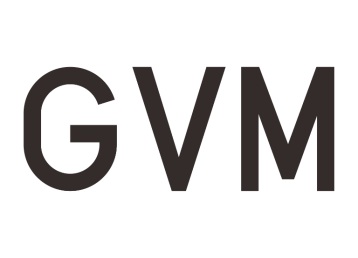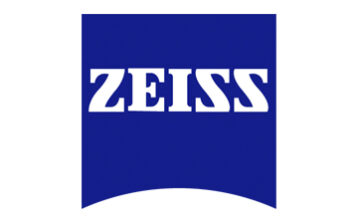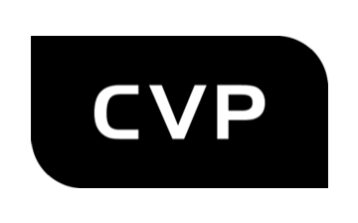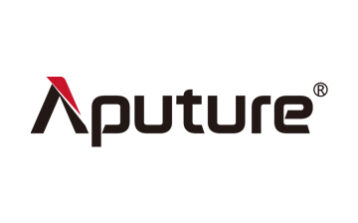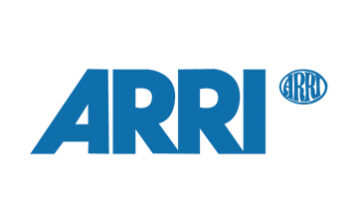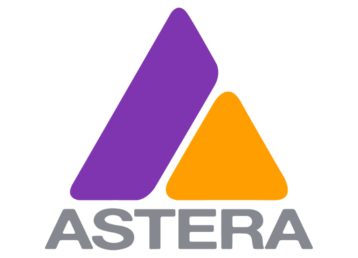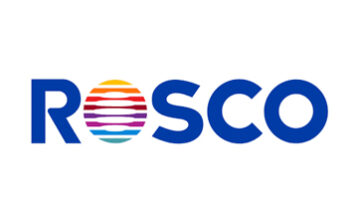Dear friends,
Digitization has changed the world like a tidal wave and will transform it even more than we can imagine.
The film industry is a blueprint and avant-garde of a present and future world of work. Considering that, filmmakers must not give in to the brutal economic pressure but stand up for their rights together. An international platform such containing of our umbrella associations is the apt platform, if it succeeds, in gaining the political weight that would have thousands of audiovisual authors of all fields. What are now our biggest troubles with working conditions. Let´s do an anamnesis:
- The excess of working hours. Working days from 12 to 14 hours are becoming more and more the norm. The European Working Hours Act requires that eleven hours of rest must granted before working time starts again. This recovery phase, which is so important for the mind and body, is increasingly being disregarded by production schedules. As result of this, people get more and more exhausted falling into a “burn out” state that makes them unable to work already at a young age. Older colleagues cannot endure such an exploitation of their strength in the long run. They suffer from cardio-vascular diseases, which also takes them out of the race early. A kind of age racism develops automatically. In addition, constant tiredness causes serious failures and accidents, as many examples teach us.
Young colleagues find it difficult to start a family. Because of their continuous involvement in the profession, they often no longer have a private life.
There is also no affordable childcare that corresponds to such an excessive amount of working time. Often overtime is no longer paid correctly and in many cases these hours are no longer paid at all. This creates a spiral of self-exploitation because many no longer have the courage to claim their rights. They are afraid of losing their jobs and in many cases their fear is justified. Unions are too weak and unable to give them an efficient support. This is a vital problem in many European countries. What can we do?
IMAGO Working Conditions Committee picked up a request from our American colleagues for our purposes. In their 12 on- 12 up campaign they demand that a working day should not exceed 12 hours. We changed it into: 10 on- 14 up. Because we are convinced that 10 working hours a day are completely enough to achieve a professional and creatively fruitful performance. With this requirement, we are also fully congruently with the EU Working Time Directive, which only allows 50 hours a week.
- Budget cuts:
Shortening of the shooting time and extension of working hours are justified by the industry as follows:
“There is simply no money left to equip production with the necessary resources as it was the case in earlier times”.
“A price increase reduces competitive margins”.
“It is better that a project is cheaper than it does not take place at all, because the jobs would then no longer be available”.
That is pure pretext, if you take in account the annual huge turnover of the global audiovisual industry!
The need for audiovisual content is increasing rapidly, and with it the need for creative performance. This performance is done by us, therefor our work is crucial to achieve these huge turnovers. At a time when audiovisual content is in urgent need and immense money is earned, budget cuts cannot simply be accepted as a natural law. Resistance must lead to control here.
But with all of that in mind, why are film workers increasingly victims of economic coercion? Why do they allow such pressure to be put on them? Why don’t they question not understandable savings constraints?
In my opinion there are 4 important reasons for this submission:
- They have no awareness of their rights and therefore do not know them.
- They have no idea how the audiovisual industry acts economically, or they may never have been interested in it.
- They are simply afraid of losing their jobs when they stand up for their rights and get on a blacklist. This fear is all too justified, as we experience painfully again and again.
- All this together leads to the fourth reason: They are unable and not willing to act in solidarity. They never learned it. This leads to isolation and a mutual struggle to maintain one’s own job. The cultivation and conscious promotion of this competition, which is harmful to all, is a classic disciplinary measure to deprive people of their rights. DIVIDE ET IMPERA – “Divide and conquer” is the old rule, that has worked for centuries. It is only up to us to break it.
We now experience a blurring of distinction between subordinate employment and self-employment. This boundary will probably disappear completely in the future.
Production companies and broadcasters chose this employment option to avoid paying social security contributions for their employees and thereby increase profit.
Independent work suddenly becomes cheaper than employees and a spiral of undercutting and self-exploitation started. This is only possible because the new self-employed are seen as entrepreneurs. This asserts the principle of contractual freedom, which does not exist in practice for solo self-employed and freelancers. They are always in the position of the weaker and contracts are dictated to them. The IMAGO Working Conditions Committee has held various meetings with members of the European Parliament in Brussels and Strasbourg, where we have called for the creation of binding minimum fee catalogs for solo self-employed people. The European Commission has now reacted and by providing guidelines for this: Collective bargaining for self-employed doesn´t anymore infringe European competition law. This is groundbreaking! Europe is officially entering the world of work of 21st century, which is mainly dominated by independent service providers. It is therefore necessary right now that we filmmakers tell European politicians how we imagine our future working environment to be.
What is the elementary goal? It’s about giving us all may be as self – employed or classical employees the bargaining power we can never develop as single person. We need effective unions that represent both employed and new self-employed. Basic requirement: Same work, same payment. We need urgently international political support, because we are standing against plutocrats like media companies, publishers, broadcasters, streaming platforms ,Google, Facebook. Amazon. The classic front-line entrepreneur versus employee became obsolete. As dependent worker we all find ourselves in the same rough sea.
What needs to be done?
Solidarity is the magic word.
The IMAGO WORKING CONDITIONS COMMITTEE invites you all to build a European network of European umbrella associations to improve living and working conditions in our industry together. We propose to provide a common survey, which should result in a common White Paper. This should become the guideline to enforcement of our demands on European and national level
As I said at the beginning: The film industry is a blueprint and avant-garde of a future world of work. Therefor we do have a lot of allies in other professional sectors. That makes our working environment so interesting for European social politics. Solutions found for our segment could be fundamental to the entire working world. Because of the international dimension of the digital change in our working world, social standards can only be effectively fought at the European level.
Dear friends, we are much stronger than we think we are, because if we really act in solidarity, it is not a dream.
Kurt Brazda
Chair IMAGO Working Conditions Committee
